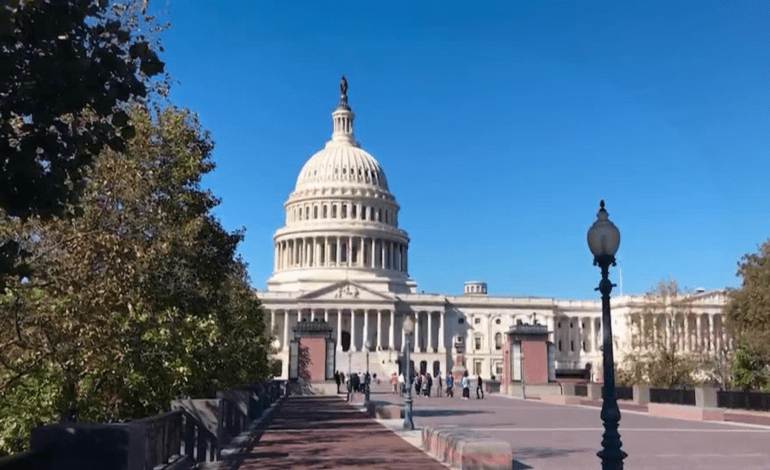
Government shutdown ends but leaves deep pain across America
The longest government shutdown in U.S. history has finally ended, but its impact on millions of Americans remains severe. While both parties agreed to reopen the government under a temporary deal, neither Democrats nor Republicans achieved their key objectives — and ordinary citizens bore the brunt.
On The Excerpt podcast, USA Today congressional reporter Zach Schermele described how the 43-day shutdown strained the economy, disrupted essential services, and left federal workers unpaid. Although the continuing resolution funds the government until the end of January, new negotiations will soon be required to finalize the fiscal 2026 budget.
Democrats failed to secure an extension of Obamacare subsidies, which could result in as many as five million Americans losing health insurance next year and 22 million facing steep premium hikes. Moderate Democrats managed only a promise for a December vote on extending the subsidies, a move progressives consider inadequate. “Progressives are not happy,” Schermele noted, as they accused party leaders of yielding too soon.
The shutdown also disrupted SNAP (food assistance) benefits for 42 million people, raising fears among low-income families as EBT cards briefly stopped working. Officials now say payments will resume, but uncertainty lingers amid ongoing legal disputes.
Meanwhile, air travel remains chaotic, with unpaid air-traffic controllers calling in sick and major airlines cancelling thousands of flights. Transportation Secretary Sean Duffy pledged to restore safety and stability before the Thanksgiving travel rush, but full recovery may take weeks.
The political fallout has also divided Democrats. Eight lawmakers, including seven Democrats and one independent, crossed party lines to vote for the deal. Moderates argued that continuing the shutdown had become untenable, while progressives such as Sen. Chris Murphy denounced the compromise as a moral defeat. President Trump praised the resolution, calling it “a very good deal” and emphasizing his priority to “keep the government open.”
As lawmakers prepare to revisit funding in January, millions of Americans remain anxious about healthcare, food aid, and employment stability — reminders that Washington’s partisan gridlock continues to exact a heavy human cost.